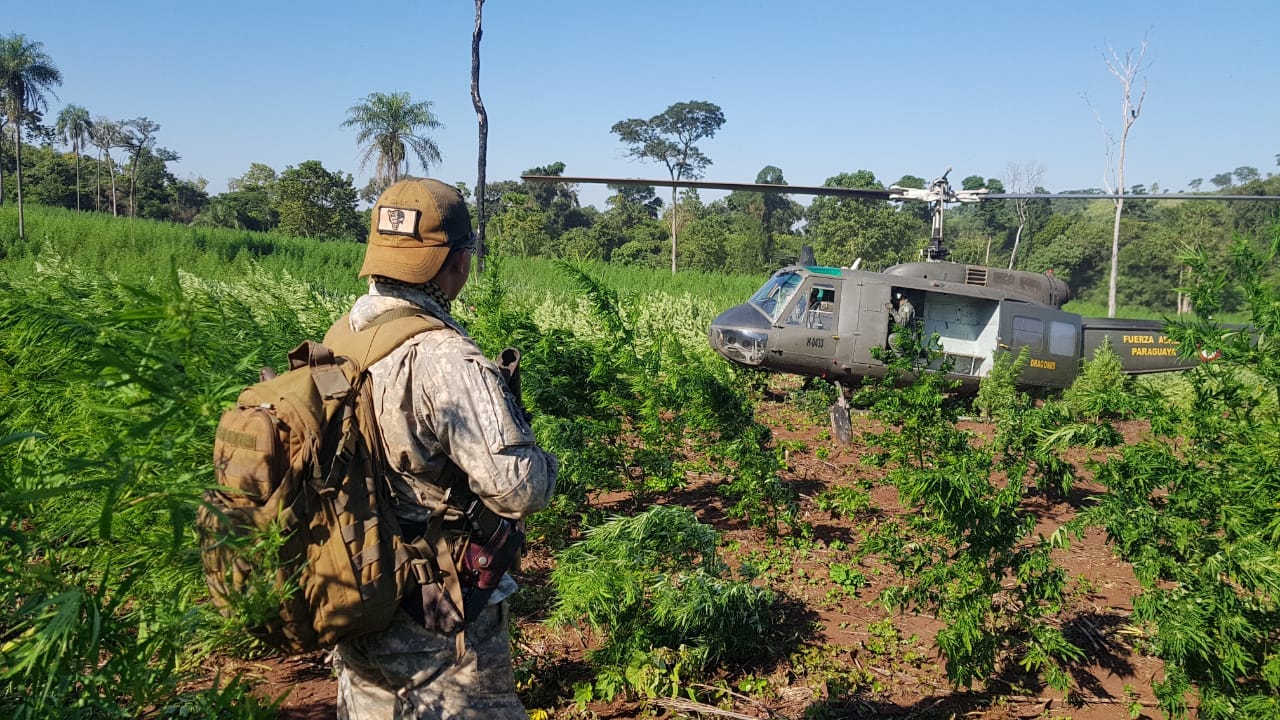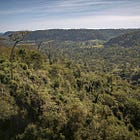Is Paraguay About to Legalise Weed?
The Weekly Post | 17.11.25

TOP STORY
Green gold
Paraguay is missing out on a green gold mine. That’s the conclusion of economist Amílcar Ferreira, who claims that fully legalising cannabis could generate 12,000 jobs, raise $4.4bn in annual tax revenue, and bring development to some of the poorest corners of the country.
Paraguay has already made low-strength marijuana legal for medicinal (2017) and industrial (2019) ends. Some 7,600 hectares of weed have been planted for use in things like textiles by a handful of well-connected companies. Official estimates meanwhile talk of another 8,000 hectares of illegal plantations: often linked to deforestation and drug gangs, and an estimated 80% of whose harvest is smuggled into Brazil.
But Ferreira says that allowing farmers to freely commercialise the fast-growing plant would slash rural poverty, with growers potentially earning up to 400m guaranies ($57,000) per year for every hectare planted. Paraguay’s greenhouse-like climate, low costs, and skilled agricultural labour could make it a hub for legal cannabis, Ferreira argues, attracting investment and tourism from across South America.
It’s a theme delved into by El Surtidor, which charts the recent history of weed in Paraguay – from clandestine cash crop to livelihood of hundreds of campesino communities – and profiles the leading lights in the push to fully decriminalise the plant, whose cultivation and sale is still punishable by up to 20 years in jail.
Politicians have toured a medicinal weed plantation in Agüerito, where farmers notify police at harvest time. Prosecutors say they won’t punish mothers for using cannabis oil to soothe their epileptic children. Of Paraguay’s 45 senators, El Surtidor notes, 22 have backed legalisation bills since 2019; seven such proposals are still idling in congress. Senator José “Paková” Ledesma – once known as “the weed doctor” for handing out home-grown ganja remedies – says “the time is now. There’s an atmosphere and a chance to decriminalise.”
THE PARAGUAY POST ANALYSIS:
Talk of legal weed can summon up images of urban grow shops and yuppies trading stats on THC content or sativa versus indica. But marijuana has long been a mainstay of rural life in Paraguay, especially in the poor northern departments of San Pedro, Concepción and Amambay.
With 7 out of 10 Paraguayans working outside the formal economy – and locked out of state health insurance provider IPS – applying a cannabis-infused cream to an aching joint or imbibing a few drops of CBD oil can turn a bed-ridden invalid into a happy, productive individual.
It could also provide an economic alternative to getting mixed up with dangerous narcos, campesino leader Eulalio López told the Post in Agüerito a few years back. “Why doesn’t the government legalise this plant, if it grows so well in Paraguay?” Indigenous Aché elder Margarita Mbywangi asked us earlier this year. “I don’t want to see any more of my friends and neighbours die.”
Whether President Santiago Peña is open to such arguments is doubtful. Earlier this month, he designated Brazilian drug gangs as terrorists, deploying thousands of soldiers to patrol Paraguay’s borders and airspace. He’s also under pressure from conservative religious activists, who criticise him for aligning Paraguay with “globalist” UN anti-poverty goals. Being seen as overly lenient on the devil’s lettuce could cause Peña’s last shreds of political capital to go up in fragrant smoke.
You’re reading The Weekly Post, an essential Monday briefing on Paraguay.
Also in this week’s issue:
The end of the Colorados? · Investors warn of “persecution” · Culture Week continues · An endangered ancestral art form · In Other News
Want to see the rest? Get your free trial here:
POLITICS
President Prieto?
The crushing victory of Miguel Prieto’s Yo Creo party in Ciudad del Este earlier this month is the “beginning of the end of Colorado hegemony,” predicts Milda Rivarola. In a wide-ranging interview with Última Hora, the sociologist and historian says Prieto’s charisma could carry him all the way to the presidency in 2028: provided he can capture votes beyond his base in Paraguay’s second city in places like Asunción, Coronel Oviedo, and Encarnación.
Keep reading with a 7-day free trial
Subscribe to The Paraguay Post to keep reading this post and get 7 days of free access to the full post archives.



